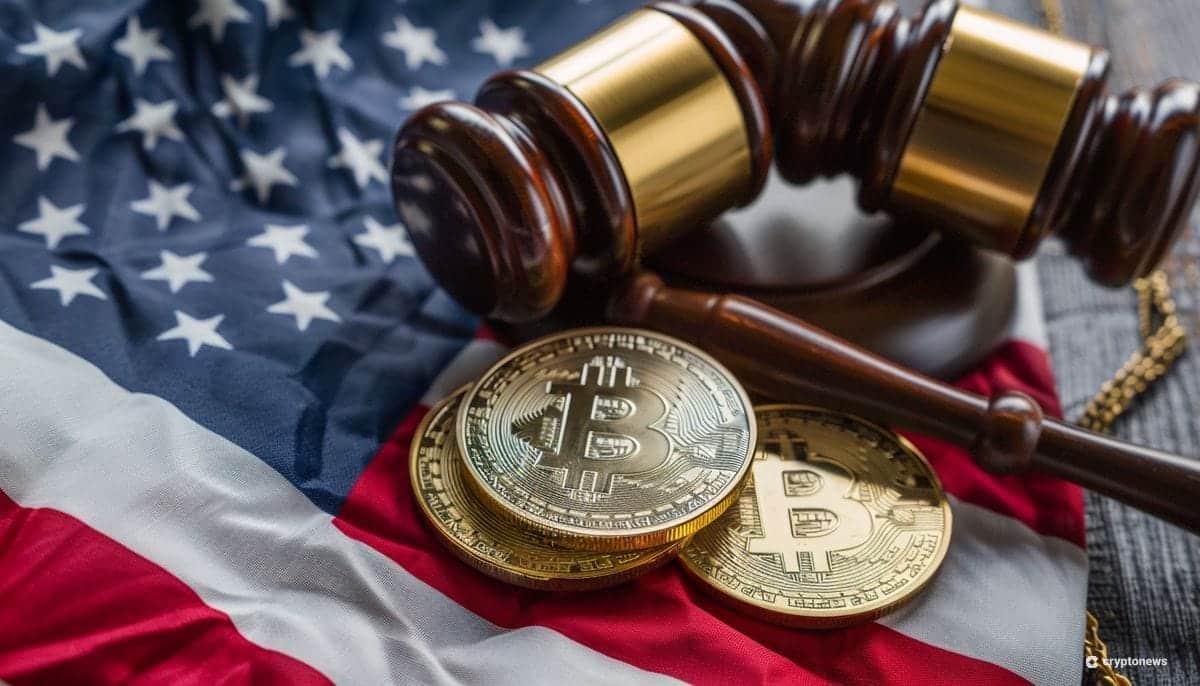In a move to combat cryptocurrency-related crimes, Senators Catherine Cortez Masto of Nevada and Charles Grassley of Iowa have introduced a new bill. This bill, known as the “Combatting Money Laundering in Cyber Crime Act of 2024,” seeks to enhance the authority of the Secret Service in investigating cryptocurrency transactions conducted by unlicensed money transmitters and potential fraud targeting US financial institutions.
Senator Cortez Masto emphasized the importance of tackling criminal activity funded through digital assets, stating that it poses a direct threat to the nation’s security and safety.
Legislation Gathers Bipartisan Support
The proposed legislation has garnered bipartisan support, with Senator Grassley highlighting the necessity of stronger threat assessments to combat illicit financial operations facilitating money laundering schemes. He noted that the bill would improve law enforcement’s capacity to anticipate and prevent crimes.
Blockchain forensics firm Chainalysis recently reported that illicit addresses laundered $22.2 billion worth of cryptocurrencies in 2023, marking a significant decline from the previous year. Despite this, the US Treasury emphasized that traditional cash transactions, not cryptocurrencies, remain the primary avenue for money laundering activities among criminals in the US.
The Secret Service, known for its role in protecting political figures and investigating financial crimes, has faced increased scrutiny following a security lapse that led to an assassination attempt on a political candidate. Simultaneously, the US House approved the Financial Technology Protection Act to address illicit cryptocurrency practices while safeguarding consumer rights.
7 U.S. States Challenge SEC’s crypto Regulations
A coalition of seven US states, led by Iowa Attorney General Brenna Bird, has come together to challenge the Securities and Exchange Commission’s (SEC) regulation of cryptocurrency. The states argued in an amicus brief that the SEC’s attempt to regulate cryptocurrencies constitutes a “power grab” that would stifle innovation, harm the crypto industry, and exceed the agency’s authority.
The coalition includes Arkansas, Indiana, Kansas, Montana, Nebraska, with Oklahoma being the latest state to join. SEC Commissioner Hester Peirce acknowledged that the regulatory agency is currently in an “enforcement-only mode” when it comes to regulating cryptocurrencies, putting a burden on industry participants who are constantly concerned about avoiding legal disputes.
Last week, the SEC concluded a three-year investigation into Hiro Systems, as well as a separate case involving stablecoin issuer Paxos. These instances reflect the SEC’s decision not to pursue enforcement actions against crypto entities, highlighting the ongoing regulatory landscape in the crypto space.
